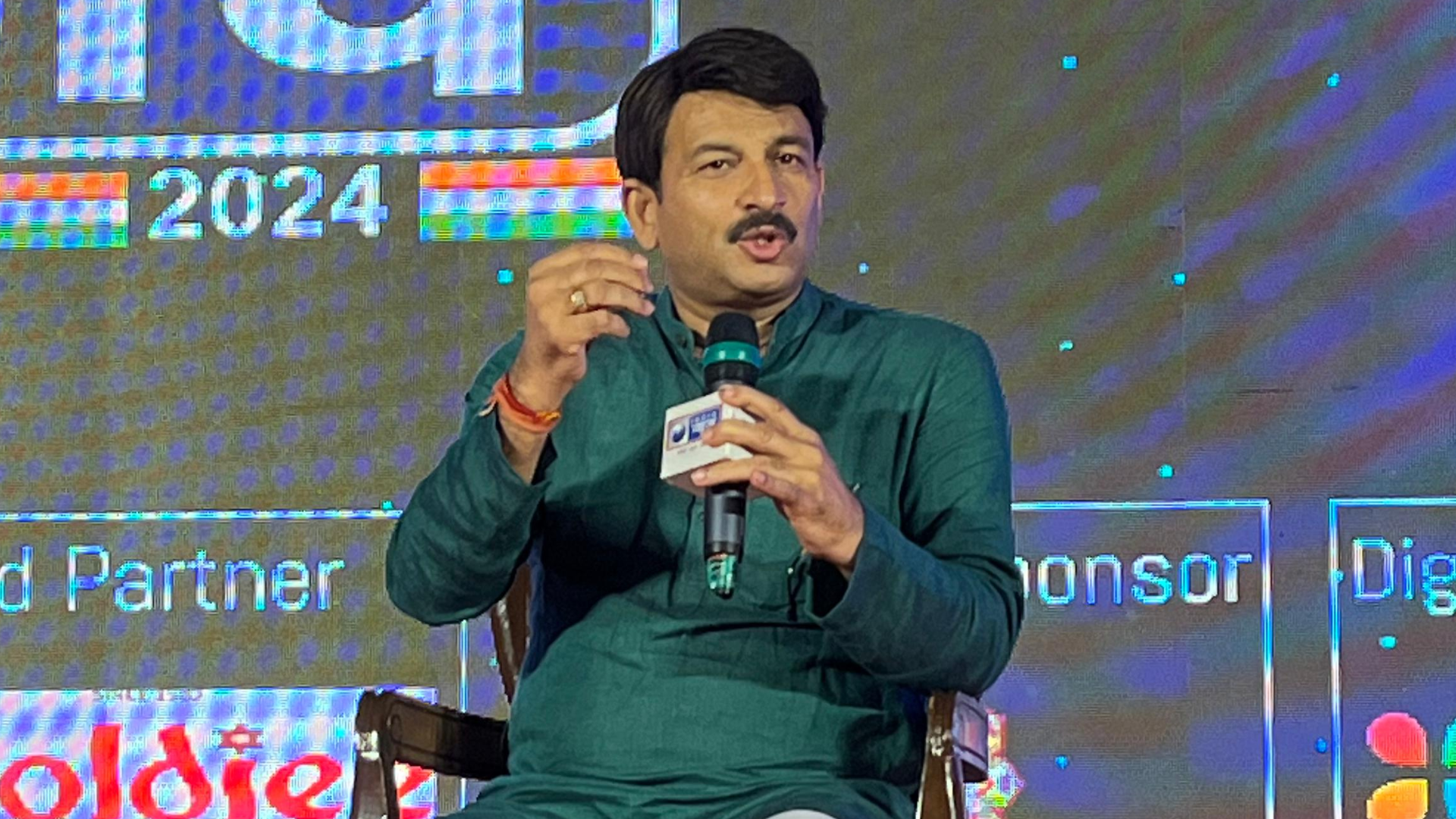President Donald Trump on Tuesday signed a sweeping executive order aimed at overhauling U.S. elections, introducing measures such as requiring documentary proof of citizenship for voter registration in federal elections and mandating that all ballots be received by Election Day.
Necessary Election Protections
The order asserts that the U.S. has failed to enforce “basic and necessary election protections” and calls on states to collaborate with federal agencies to share voter lists and prosecute election-related crimes. It also threatens to withdraw federal funding from states that do not comply with the directives.
While the move aligns with Trump’s longstanding criticism of election processes, it is expected to face legal challenges, as states have significant authority to establish their own election rules. Trump has frequently alleged election fraud, particularly after his 2020 loss to Democrat Joe Biden, despite the absence of evidence supporting widespread irregularities.
India and Brazil Cited as Election Models
The executive order explicitly references India and Brazil as examples of countries implementing advanced voter identification systems.
“Despite pioneering self-government, the United States now fails to enforce basic and necessary election protections employed by modern, developed nations, as well as those still developing,” the order states. “India and Brazil, for example, are tying voter identification to a biometric database, while the United States largely relies on self-attestation for citizenship.”
Voter Lists and Election Crime Prosecution
As part of the reforms, the order directs states to prosecute election crimes and share voter lists with federal agencies. States that fail to comply could lose federal funding.
Additionally, the order instructs the attorney general to “prioritize enforcement of federal election integrity laws” in states that do not notify the federal government of suspected election-related crimes.
Documentary Proof of U.S. Citizenship
To prevent non-citizens from voting in federal elections—a practice that is already illegal and can result in felony charges and deportation—the order mandates that voters provide documentary proof of their U.S. citizenship.
Under the directive, federal agencies including the Department of Homeland Security, the Social Security Administration, and the State Department must share data with state election officials to help identify non-citizens on voter rolls.
However, voting rights groups warn that the citizenship requirement could disenfranchise millions. A 2023 report by the Brennan Center for Justice and other organizations estimates that approximately 21.3 million voting-age American citizens—about 9% of the eligible electorate—do not have immediate access to proof of citizenship.
Concerns have also been raised about married women who have changed their names. Their birth certificates list maiden names, which could create complications when registering to vote. Such issues have already been reported in New Hampshire, where a new state law requiring proof of citizenship has caused registration challenges in recent local elections.
Votes Must Be Received by Election Day
The order also mandates that all ballots be “cast and received” by Election Day, linking federal funding to state compliance with this requirement.
Currently, 18 states and Puerto Rico allow mailed ballots postmarked by Election Day to be counted if they arrive after the deadline, according to the National Conference of State Legislatures. Trump’s directive would require states to change these policies or risk losing federal support.
Changes to Vote-Counting Methods
The order tasks the Election Assistance Commission with amending voting system guidelines to enhance election security. It specifically calls for eliminating barcodes or QR codes in vote counting processes.
Many voters in Georgia and other states currently use touchscreen voting machines that generate paper ballots featuring a human-readable summary and a QR code, which is then scanned for tabulation. Trump’s directive seeks to eliminate the use of these barcodes in favor of purely human-readable ballots.
Legal Challenges Expected
The executive action is likely to face significant legal hurdles, as the U.S. Constitution grants states the primary authority to conduct elections. While Congress has the power to regulate voting, the Constitution specifies that states determine the “times, places, and manner” of elections.
At least one prominent Democratic attorney has already signaled legal action. Marc Elias, a frequent target of Trump’s criticism, responded on social media, stating: “This will not stand. We will sue.”
Also Read: How Will Trump’s New Executive Order Reshape US Elections?




















